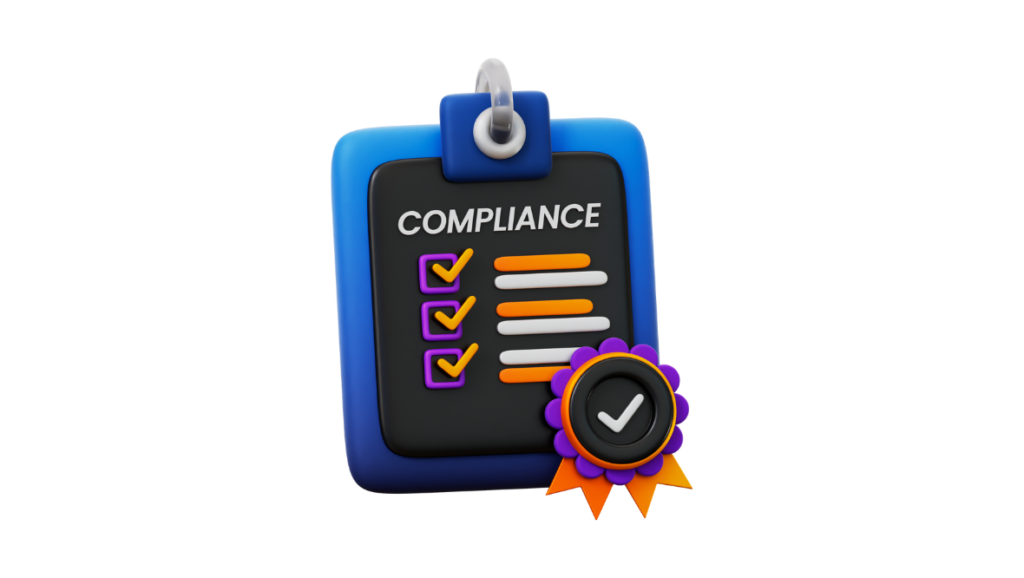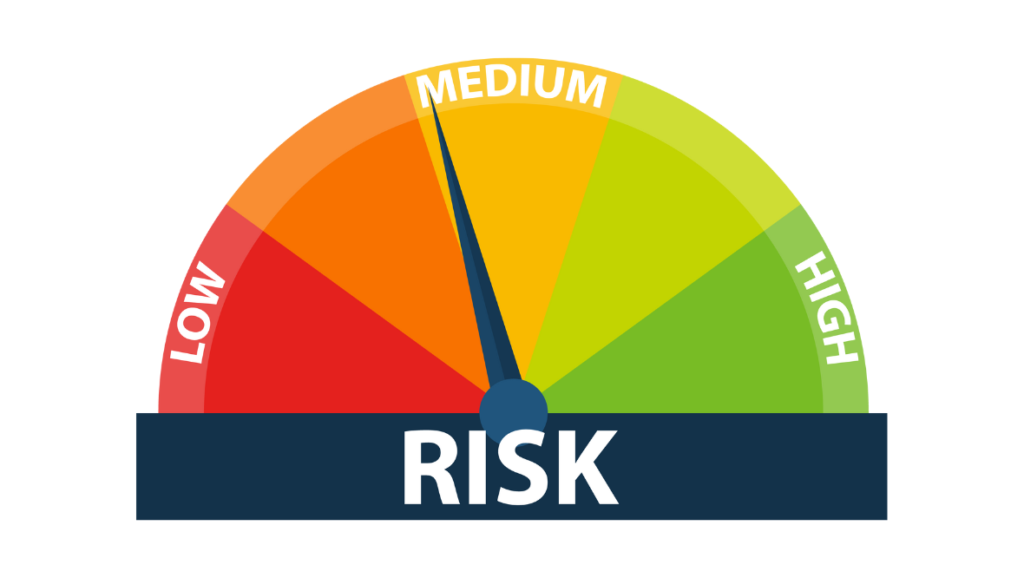5 Key Benefits: How Sustainability Reporting Empowers SMEs

Explore how sustainability reporting empowers SMEs, from boosting transparency and attracting investors to ensuring long-term growth.
A combination of regulation and stakeholder pressure has brought a majority of large corporations under the sustainability reporting umbrella. And the business space is largely interconnected. Big businesses work with comparatively smaller corporations in various B2B relationships: as vendors, suppliers, etc. This means that reporting up and down the value chain is making larger organizations demand more in terms of sustainability data from their partners.
Today, more and more small and medium-sized enterprises (SMEs) are recognizing this opportunity and the other significant benefits of embracing sustainability reporting practices. This article delves into five key benefits that SMEs can reap from sustainability reporting, highlighting its financial potential and how it makes them more resilient and future-proof.

1. Meeting B2B Compliance Requirements
Sustainability reporting has become an increasingly important consideration in B2B relationships, as companies seek to partner with suppliers and vendors that align with their own sustainability values and commitments. SMEs that effectively communicate their sustainability performance can strengthen their B2B relationships and secure new business opportunities.
By providing comprehensive and transparent sustainability reports, SMEs can demonstrate their commitment to responsible practices and meet the growing demand for sustainability information from B2B customers and partners. This can lead to increased trust, stronger collaboration, and preferential treatment in procurement decisions.
Moreover, sustainability reporting can help SMEs identify and address potential environmental and social risks that could impact their B2B relationships. By proactively managing these risks, SMEs can avoid disruptions in their supply chain, maintain a positive reputation among B2B partners, and secure long-term business partnerships.

2. Attracting Investors and Capital
Sustainability reporting plays a crucial role in attracting investors and securing essential capital for SMEs. Investors are increasingly seeking companies that align with their environmental, social, and governance (ESG) values, placing a high premium on sustainability performance. According to an EY survey, nine out of ten investors (91%) incorporate ESG performance and disclosure into their investment decisions.
Sustainability reporting can also enhance an SME’s attractiveness to venture capitalists and private equity firms, which are increasingly incorporating ESG considerations into their investment decisions. SMEs that proactively address sustainability issues can position themselves as attractive investment opportunities, gaining access to capital that can fuel their growth and expansion.
In recent years, it has become evident that sustainability reporting is a critical competitive differentiator to enter Global Value Chains and thus a central tool for SMEs to improve their competitiveness and market access possibilities.
GRI, Corporate Sustainability and Reporting for Competitive Business

3. Operational Efficiency and Cost Reduction
SMEs can also utilize the data they collect for sustainability reporting to enhance operational efficiency and achieve cost reduction. By identifying areas of resource consumption, waste generation, and environmental impact, SMEs can implement targeted measures to optimize their operations and reduce expenses.
Sustainability reporting can unlock a multitude of financial benefits by enabling SMEs to:
- Pinpoint Energy Efficiency Opportunities: Sustainability reporting can pinpoint areas for energy efficiency upgrades, leading to reduced energy consumption and lower utility bills. SMEs can identify energy-intensive processes, equipment, and lighting systems that can be optimized or replaced with more energy-efficient alternatives.
- Implement Waste Reduction and Recycling Initiatives: Identifying waste streams through sustainability reporting enables SMEs to implement waste reduction and recycling initiatives, minimizing disposal costs and generating revenue from recyclable materials. SMEs can segregate waste streams, identify reusable materials, and explore composting or recycling options.
- Streamline Processes and Reduce Packaging Materials: Sustainability reporting can reveal opportunities to streamline processes, reducing redundancies and inefficiencies. This can lead to improved production flow, reduced labor costs, and decreased material consumption. Additionally, sustainability reporting can identify opportunities to reduce packaging materials, minimizing waste and lowering material costs.
- Optimize Logistics and Transportation: Sustainability reporting can reveal opportunities to optimize logistics and transportation routes, reducing fuel consumption and minimizing emissions. SMEs can analyze their supply chain network, identify opportunities for consolidation, and explore route optimization software to streamline their logistics operations.
- Promote Employee Engagement and Productivity: Sustainability reporting can foster a culture of environmental responsibility among employees, leading to increased engagement and productivity. By involving employees in sustainability initiatives, SMEs can tap into their collective knowledge, generate innovative ideas, and enhance overall operational efficiency.

4. Risk Mitigation
Sustainability reporting can help businesses to identify, assess, and mitigate potential environmental, social, and governance (ESG) risks. Sustainability reporting can help businesses uncover four key types of risk:
- Environmental Risks: Sustainability reporting can identify environmental risks such as pollution, resource depletion, and climate change impacts. By understanding these risks, businesses can implement preventive measures to reduce their environmental footprint, minimize regulatory fines, and protect their reputation as environmentally responsible organizations.
- Social Risks: Sustainability reporting can uncover social risks such as labor rights violations, discrimination, and community concerns. Addressing these risks can enhance employee morale, strengthen community relations, and prevent legal disputes arising from labor practices or social impacts.
- Governance Risks: Sustainability reporting can reveal governance risks such as corruption, bribery, and unethical practices. Implementing strong corporate governance frameworks, promoting transparency, and fostering a culture of integrity can mitigate these risks, protecting the company from financial losses and reputational damage.
- Financial Risks: Sustainability reporting can identify financial risks associated with climate change, supply chain disruptions, and regulatory changes. By understanding these risks, businesses can develop contingency plans, diversify their supply chains, and adapt their operations to mitigate potential financial impacts.

5. Competitive Advantage
Sustainability reporting has emerged as a strategic tool for businesses to gain a competitive advantage in the marketplace. By demonstrating a commitment to environmental and social responsibility, businesses can attract new customers, enhance brand reputation, and strengthen relationships with key stakeholders.
A KPMG study revealed that a significant majority of executives (84%) consider sustainability a crucial factor in their employment decisions, while nearly as many (83%) anticipate it playing a substantial role in attracting new clients.
By adopting sustainability reporting as a regular practice and integrating ESG principles into their operations, SMEs can differentiate themselves from their competitors, attract and retain top talent, and position themselves as leaders in the transition to a sustainable future


